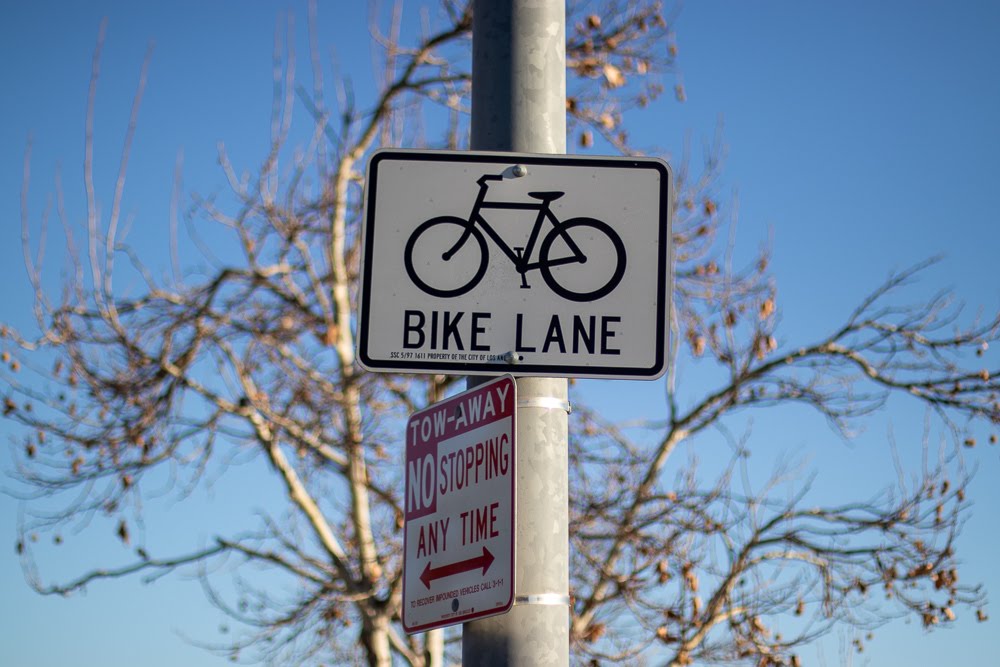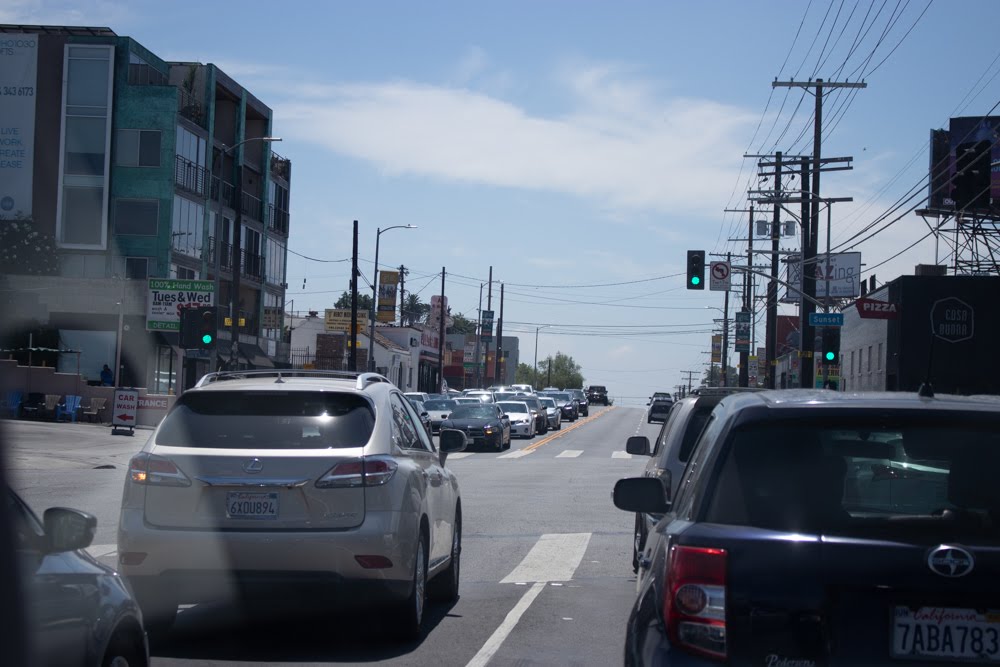The Reality of Riding in Queens
Queens is one of New York City’s busiest boroughs — a vibrant mix of highways, bridges, and side streets where motorcycles offer both freedom and practicality. But for many riders, that freedom comes at a cost.
Motorcycle accidents in Queens often result in catastrophic injuries, complex insurance issues, and unique legal challenges that riders of cars or trucks rarely face. At Keith D. Silverstein & Associates, P.C., we’ve seen firsthand how quickly a joyful ride can turn into months — even years — of recovery, pain, and financial uncertainty.
Our mission is simple: to fight for injured riders with the same energy and precision we’d bring to our own family.
1. The Hidden Dangers That Cause Motorcycle Accidents in Queens
Riding in Queens presents unique risks. Narrow lanes, aggressive drivers, road debris, and uneven pavement all contribute to frequent accidents.
Common causes include:
- Drivers failing to check blind spots before changing lanes
- Sudden door openings from parked cars (“dooring accidents”)
- Poor road maintenance in industrial areas and bridge zones
- Distracted driving and speeding on the Long Island Expressway or Grand Central Parkway
Even when a motorcyclist is cautious, a single distracted driver can cause devastating harm. That’s where having an experienced Queens motorcycle accident attorney makes a difference.
2. Why Motorcycle Accident Claims Are Harder Than Car Accident Cases
Unlike car crashes, motorcyclists face an uphill battle in proving fault and damages. Insurance adjusters often stereotype riders as “reckless,” even when they’re following every rule.
Some of the legal challenges include:
- Bias against motorcyclists: Juries and insurers may assume the rider was speeding or weaving through traffic.
- Severity of injuries: Motorcyclists lack the physical protection of a car, so injuries are often catastrophic — requiring long-term medical documentation.
- Complex insurance coverage: New York’s no-fault laws generally don’t apply to motorcyclists, which means riders must pursue full damages through personal injury claims.
At Keith D. Silverstein & Associates, our team understands how to counter these biases and build strong evidence-based cases that demand fair compensation.
3. Understanding New York’s Motorcycle Laws
Motorcyclists in Queens must follow specific state laws that affect liability and compensation.
Key facts every rider should know:
- Motorcycles are not covered by no-fault insurance in New York.
- You must prove negligence to recover damages for medical expenses, pain and suffering, or lost income.
- Helmet use can affect the defense’s argument — though even unhelmeted riders have rights to compensation if another driver was at fault.
An attorney familiar with Queens motorcycle accident laws can ensure that these legal details work for you — not against you.
4. Common Injuries in Queens Motorcycle Accidents
Even a low-speed collision can cause life-changing injuries.
Typical injuries include:
- Spinal cord and back injuries
- Traumatic brain injuries (TBI)
- Broken bones and dislocations
- Severe road rash and scarring
- Emotional trauma and PTSD
Our firm works closely with medical experts to document every physical and psychological injury — ensuring your claim reflects the full impact of your accident.
5. What to Do After a Motorcycle Crash in Queens
What you do in the minutes and days after your accident can determine the strength of your case.
Here’s what we advise our clients:
- Call 911 immediately and seek medical attention — even if injuries seem minor.
- Gather evidence: photos, witness names, license plates, and location details.
- Avoid speaking to insurance adjusters before consulting an attorney.
- Keep all medical and expense records organized.
Every case begins with the truth of what happened — and our team ensures that truth is preserved from day one.
6. How Keith D. Silverstein & Associates Helps Injured Riders
With more than 35 years of legal experience, Attorney Keith D. Silverstein and his team have represented both sides of personal injury cases — defense and plaintiff. That rare perspective gives our clients an advantage.
We anticipate the defense’s next move before they make it.
We negotiate strategically.
We fight compassionately
Our firm has helped accident victims across NYC’s five boroughs recover millions in verdicts and settlements. And because we work on a contingency fee basis, you don’t pay anything unless we win.
7. Maximizing Compensation for Motorcycle Accident Victims
The aftermath of a crash can feel overwhelming — medical bills, loss of income, emotional distress. Our goal is to secure the maximum compensation available under the law.
You may be entitled to compensation for:
- Medical bills and rehabilitation costs
- Lost wages and loss of future earning potential
- Pain and suffering
- Property damage to your motorcycle
- Emotional trauma and loss of enjoyment of life
We combine evidence, expert testimony, and courtroom experience to demand every dollar you deserve.
8. Client Commitment: From First Call to Final Victory
At Keith D. Silverstein & Associates, every rider we represent becomes part of our extended family. We pride ourselves on clear communication, compassion, and relentless pursuit of justice.
From your first phone call to the final settlement or verdict, you’ll have direct access to our attorneys and paralegals. You’ll never be left wondering what’s happening in your case — we’ll be there every step of the way.
If you or someone you love has been injured in a motorcycle accident in Queens, don’t wait. Evidence fades, witnesses move, and insurance companies act fast to protect themselves — not you.
Call Keith D. Silverstein & Associates, P.C. today for a free consultation.
Let our experience, compassion, and proven results guide you to justice.
Attorney Advertising. Prior results do not guarantee a similar outcome




